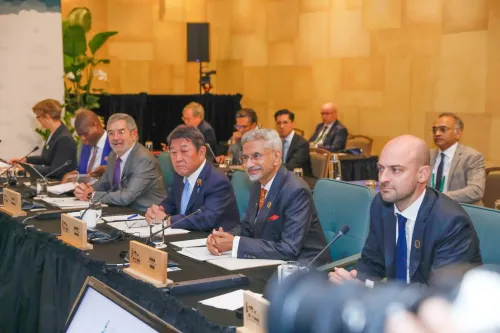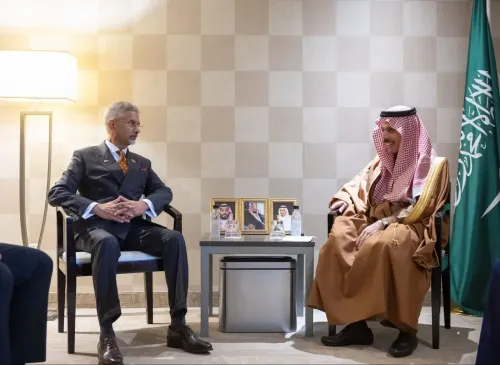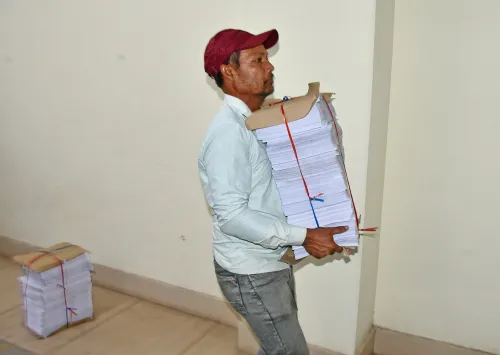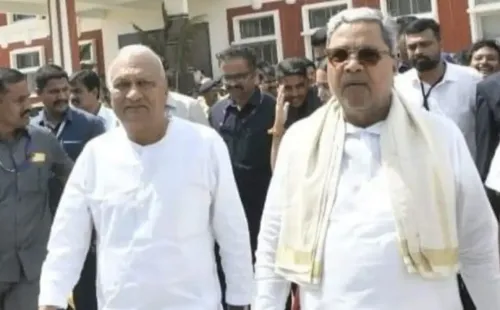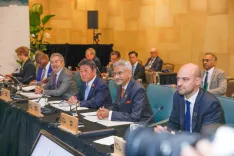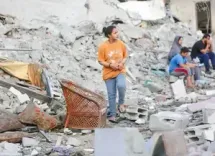Did the Congress government miss opportunities to address challenges during the 1971 war?
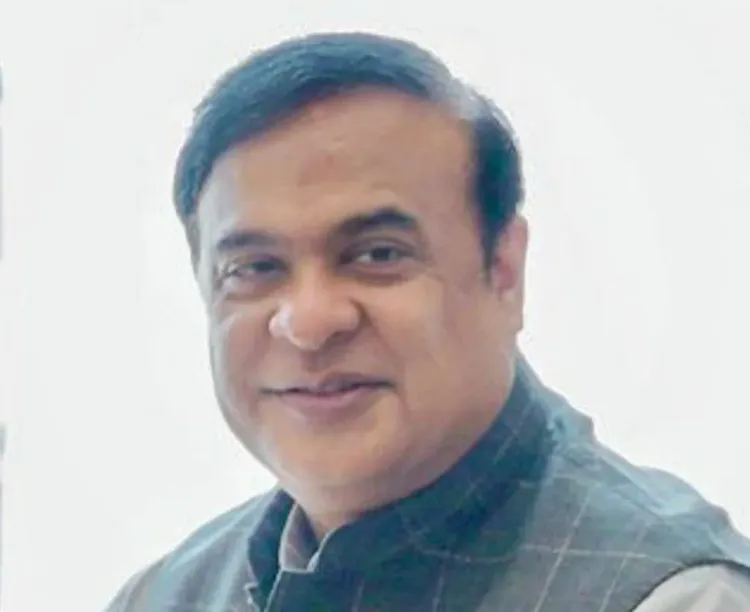
Synopsis
Key Takeaways
- 1971 War was a pivotal moment in India's history.
- Missed opportunities for reform in Northeast.
- The impact of Indira Gandhi's decisions remains debated.
- Revelations about US influence are raising questions.
- The ongoing Kashmir issue remains a point of contention.
Guwahati, May 27 (NationPress) The Chief Minister of Assam, Himanta Biswa Sarma, expressed his views on the implications of India's victory in the 1971 war on Tuesday, indicating that the government back then squandered a significant chance to tackle persistent issues in northern and eastern India.
Sarma pointed out that this monumental achievement provided a unique opportunity for decisive reforms, especially in the Northeast, which unfortunately went unexploited.
He stated, “Following the historic triumph in the 1971 conflict, the administration of that era could have addressed numerous intricate challenges in eastern and northern India. Regrettably, this chance was not seized effectively.”
The 1971 war, which culminated in the formation of Bangladesh, is acknowledged as one of India’s most significant military victories. Nonetheless, Sarma argued that the Central government, led by Prime Minister Indira Gandhi, failed to harness the momentum for stabilizing the Northeast, a region that has contended with insurgency, ethnic discord, and unresolved border disputes.
In a related update, BJP MP Nishikant Dubey disclosed what he claimed was a declassified US intelligence cable from 1971.
This document supposedly reveals Indira Gandhi’s agreement to a United Nations ceasefire proposal during the Bangladesh Liberation War.
Dubey’s announcement arises amid rising calls from the opposition for clarity regarding the Union government’s recent arrangement with Pakistan concerning the cessation of hostilities, a topic that has ignited renewed political discussions about India’s diplomatic and military actions, both historically and currently.
In his post on X, Dubey questioned if the former Prime Minister’s decision was influenced by pressure from the US. He further accused her of agreeing to a ceasefire despite opposition from then-Defence Minister Jagjivan Ram and Army Chief Sam Manekshaw.
Moreover, he probed whether India’s focus was on establishing Bangladesh rather than reclaiming Pakistan-occupied Kashmir (PoK) and securing assets like the Kartarpur Gurdwara.
“Indira Gandhi, the Iron Lady. Under American pressure, India halted the 1971 war despite resistance from Defence Minister Jagjivan Ram and Army Chief Sam Manekshaw. Babu Jagjivan Ram insisted that the war should only end after reclaiming our part of Kashmir, which Pakistan occupies forcefully. However, the fear of the Iron Lady and the threat from China prevented this. Was India's priority to reclaim its territory and the Kartarpur Gurdwara, or to create Bangladesh?” Dubey stated on X.

